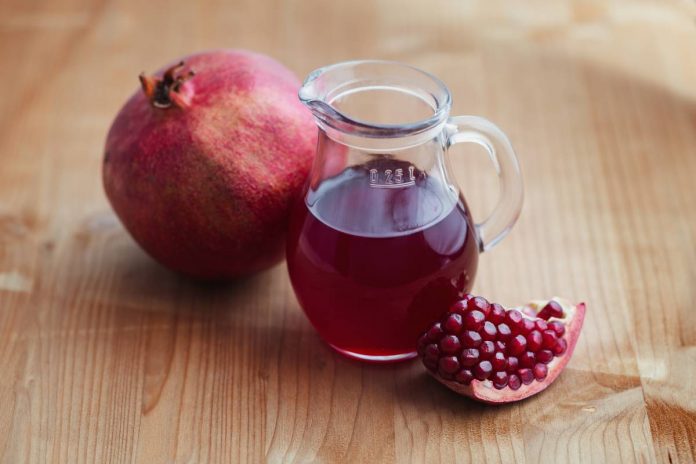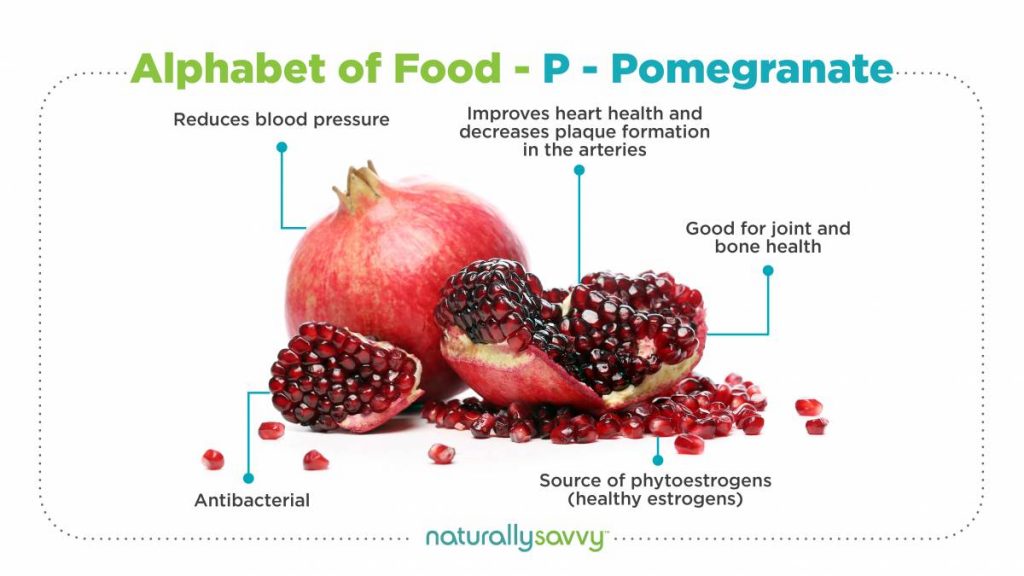
When was the last time you had a pomegranate? Can’t remember? Never have had one? Have one occasionally but aren’t consider them too much trouble to enjoy them more often? What’s a pomegranate?
These responses represent the typical ones voiced whenever someone is asked when they last enjoyed one of these less common fruits. We want to share some tasty information about pomegranates that we think will persuade you to give them a try if you are new to them or increase your appreciation.
What are pomegranates?
Pomegranates (Punica granatum) are small to medium round, red fruits that are native to North-East Turkey to Afghanistan. They have a hard shell-like exterior that houses white flesh that is rich with juicy seeds called arils. The arils are the edible part of the fruit. Botanically, pomegranates are berries because they come from a single flower with one ovary and seeds.
In ancient times, pomegranates were used to treat a number of health problems, ranging from digestive disorders to intestinal parasites, skin problems, and others. The fruit was also prominent in mythology and was called the “fruit of the dead” because it was said to have emerged from the blood of the Greek god Adonis. Pomegranates also symbolized fertility in ancient Rome and Greece and were associated with Aphrodite, the Greek goddess of love. Today scientists have recognized a number of health benefits associated with eating the seeds or drinking pomegranate juice.
Perhaps the most common complaint about pomegranates is the work involved in extracting the seeds. Once you break through the hard outer shell, the many seeds must be removed from the flesh, which can take some time. However, the nutritional and healing benefits make an effort worthwhile. See the video at the beginning of this article to learn how to prepare a pomegranate.
Health benefits of pomegranates
Now that you know how to extract the seeds with little effort, what’s so great about these tasty, crunchy morsels besides being a super snack (more ideas later)? Here are a few ways pomegranate seeds and/or juice can provide some health advantages.
Read about how to lower blood pressure naturally
Reduce blood pressure. Research involving pomegranate juice has shown that drinking pomegranate juice can lower blood pressure and support cardiovascular health. More specifically, pomegranate juice may inhibit serum angiotensin converting enzyme activity (the same thing prescription drugs do), which in turn lowers blood pressure.
The results of a 2017 review and meta-analysis revealed that individuals who consumed pomegranate juice every day had a significant reduction in both systolic and diastolic blood pressures. Less than 8 ounces daily resulted in better systolic pressure results than higher amounts, while more than 8 ounces resulted in a borderline significant effect in diastolic pressure. The reviewers noted that “it may be prudent to include his fruit juice in a heart-healthy diet.”
Source of phytoestrogens. Pomegranates are rich in phytoestrogens, which may help prevent and manage perimenopausal and menopausal symptoms. In an article from McGill University in Montreal, Joe Schwarcz, Ph.D., explained that research has shown that some polyphenols in pomegranates can block the activity of aromatase, an enzyme involved in synthesizing estrogen. That is, experts found that pomegranate seed extracts reduced the activity of 17-beta-estradiol (involved in the development of breast cancer) by about 50 percent.
Antibacterial. Pomegranates contain compounds that may help eliminate certain microorganisms, including bacteria, yeasts, and fungi. These compounds may help with the microorganisms that cause bad breath and tooth decay, for example, according to research.
Help bone and joint health. Bone and joint health are important for everyone, and especially older women in menopause and postmenopause. Research in postmenopausal rat models has shown that pomegranate oil extract has positive therapeutic effects on bone health.
Read about bone up on bone health
Support heart health. Laboratory studies have shown that pomegranate extract may help heart health by fighting inflammation and the accumulation of plaque in the arteries (atherosclerosis). In a human study, individuals who drank 8 ounces of pomegranate juice every day for five days showed evidence that their hearts were being protected in their blood tests. They also experienced a significant reduction in severity and frequency of chest pain.

Reduce inflammation. Chronic inflammation is associated with many serious diseases and health problems. Pomegranates contain compounds called punicalagin, which have demonstrated anti-inflammatory and antioxidant properties in laboratory and animal studies. Drinking pomegranate juice also can reduce inflammation in people with diabetes.
Support urinary health. For kidney stone protection, pomegranate extract may help. In a study of adults who experienced recurring kidney stone development, the use of 1,000 mg pomegranate extract for 90 days appeared to inhibit the formation of the stones.
Promotes brain health. Pomegranates contain ellagitannins, compounds that have antioxidant and anti-inflammatory properties. Research has suggested ellagitannins may help protect against development of Parkinson’s disease and Alzheimer’s disease by reducing oxidative damage.
Enjoying pomegranates
Pomegranates seeds can be enjoyed in smoothies, as a topping on salads, yogurt, puddings, and cereals, in fruit or vegetable salads, as a garnish on grilled meat or fish, added to punch, wine, cocktails, or mocktails, stirred into a dip, or alone as a snack. You can freeze the seeds and keep them for up to one year. Simply spread the seeds on a baking sheet, place them in the freezer for two hours, then place the seeds in individual freezer bags.
Bottom line
Pomegranates may present a minor challenge when attempting to rescue the tasty seeds inside the hard peel, but once inside, you will enjoy a nutritious, delicious, and healing treat. Pomegranate extract is also available in supplement form.










